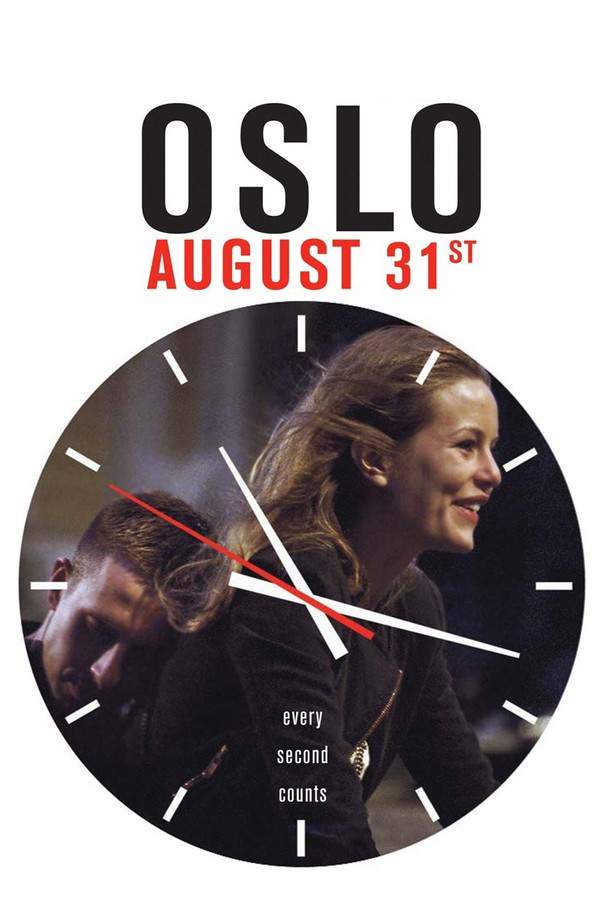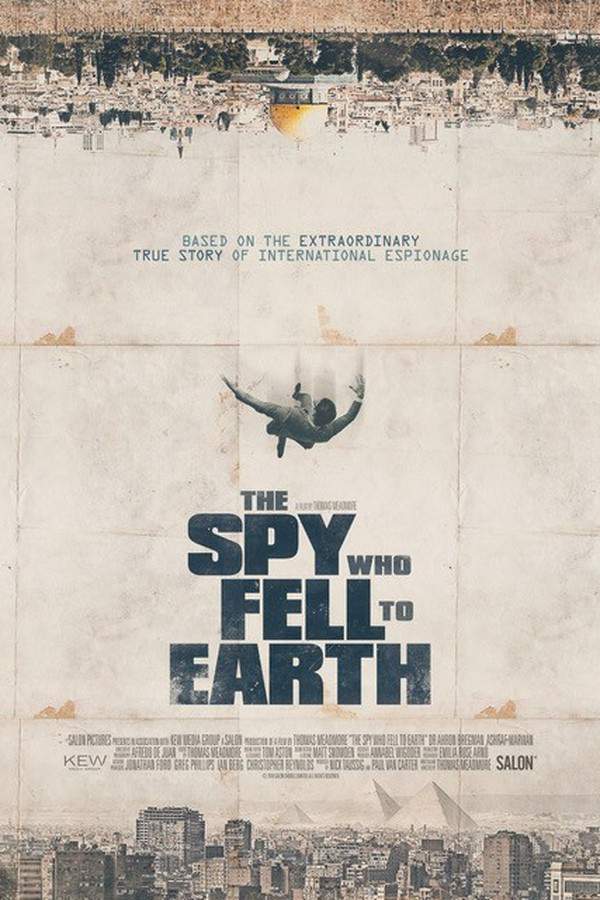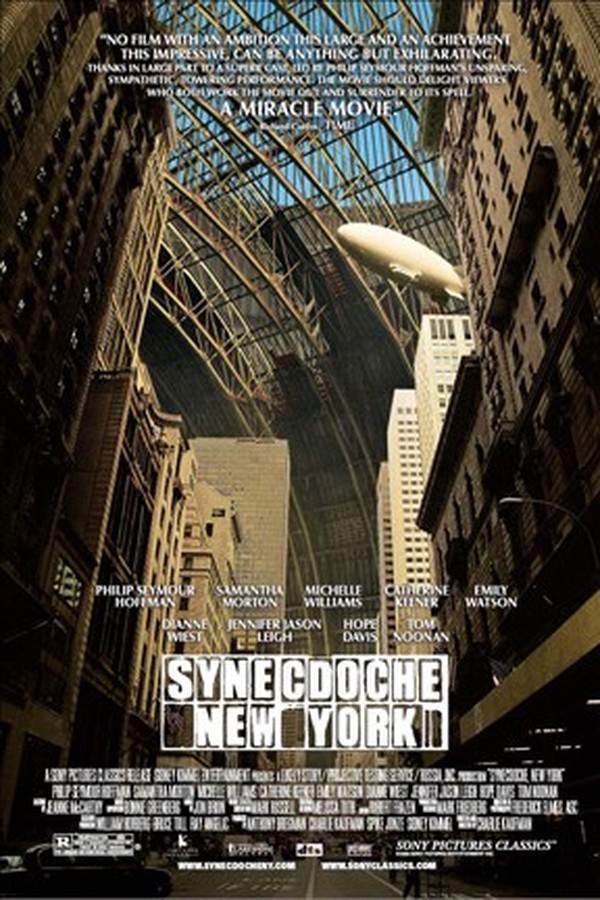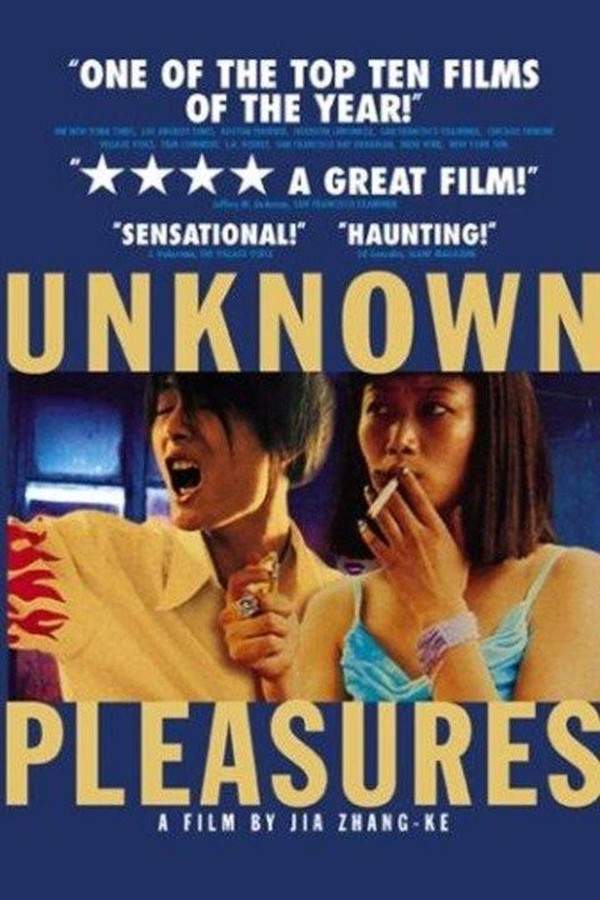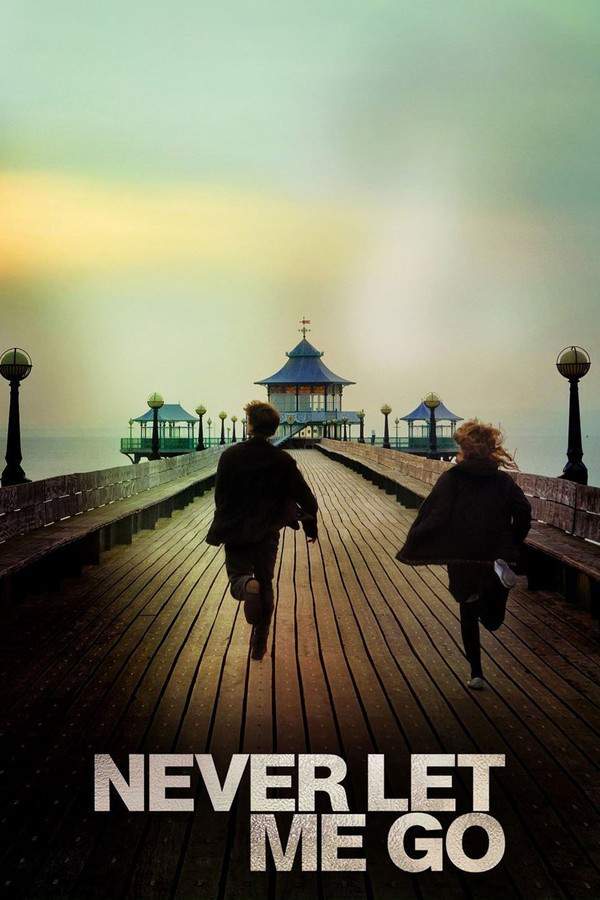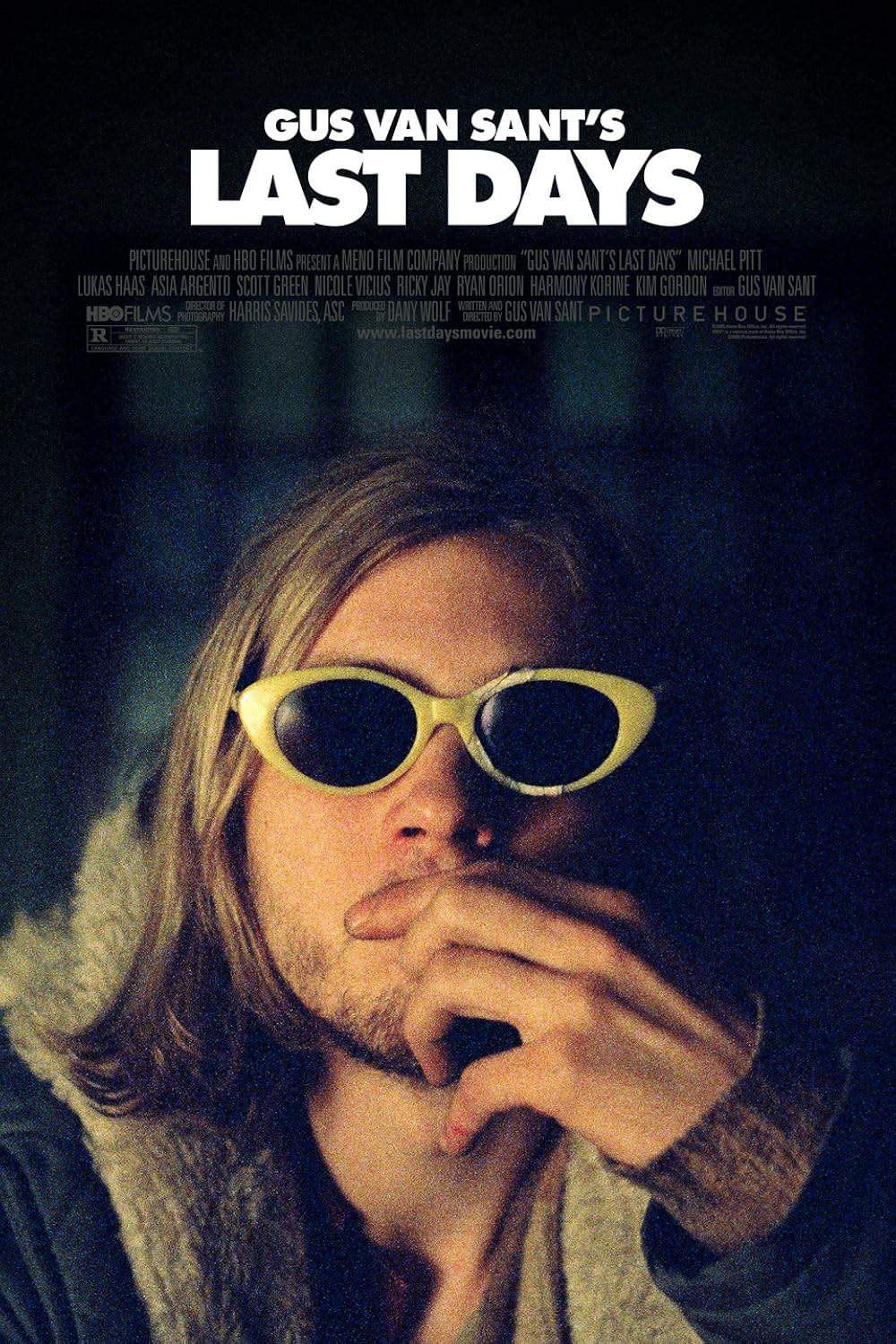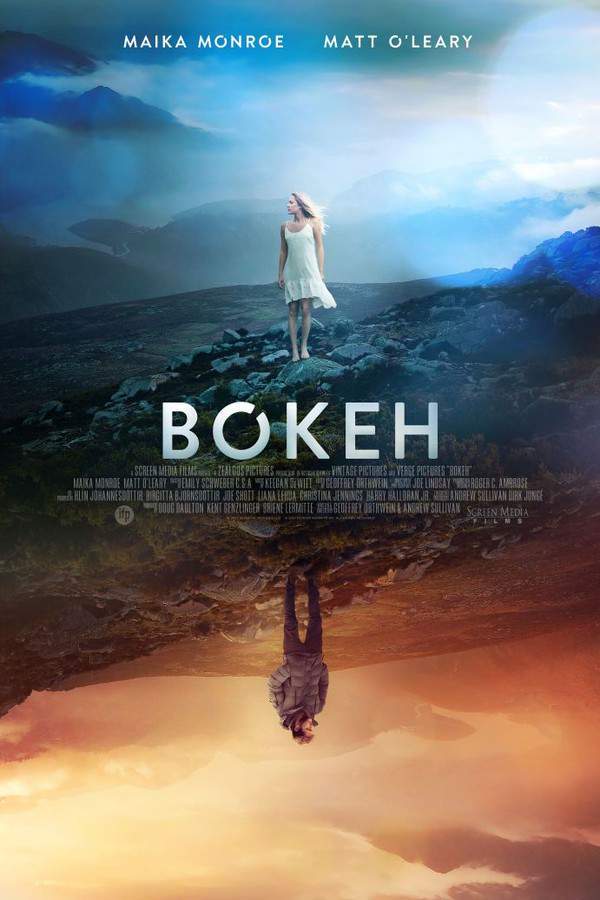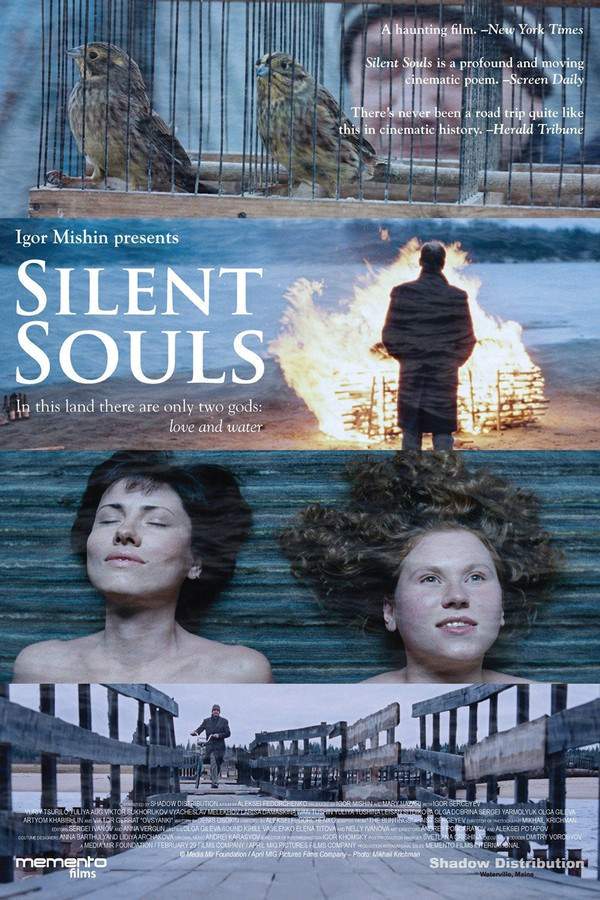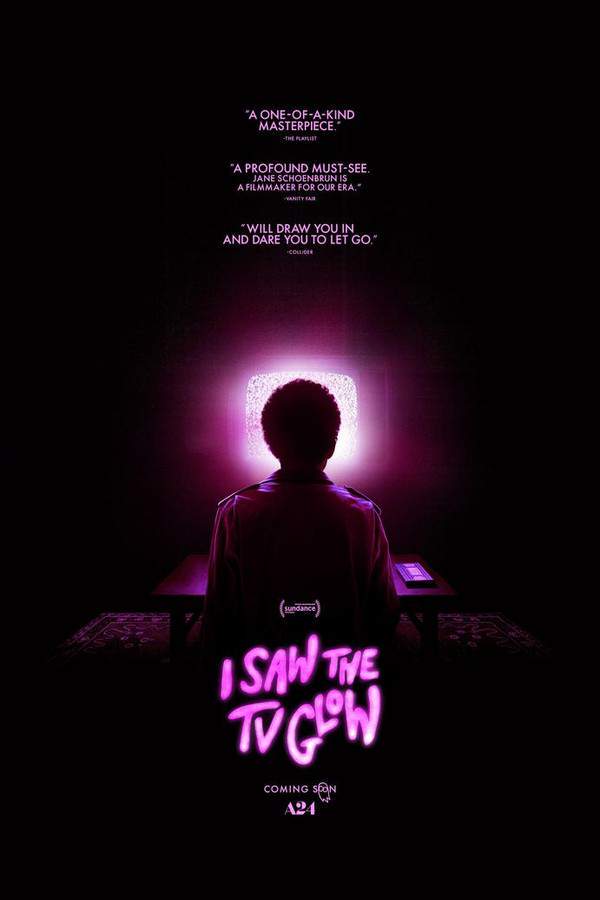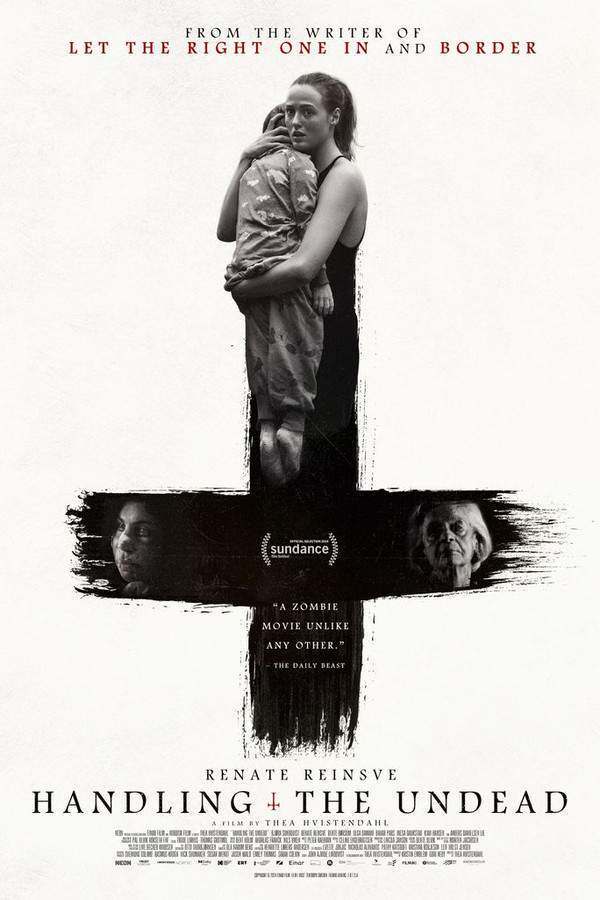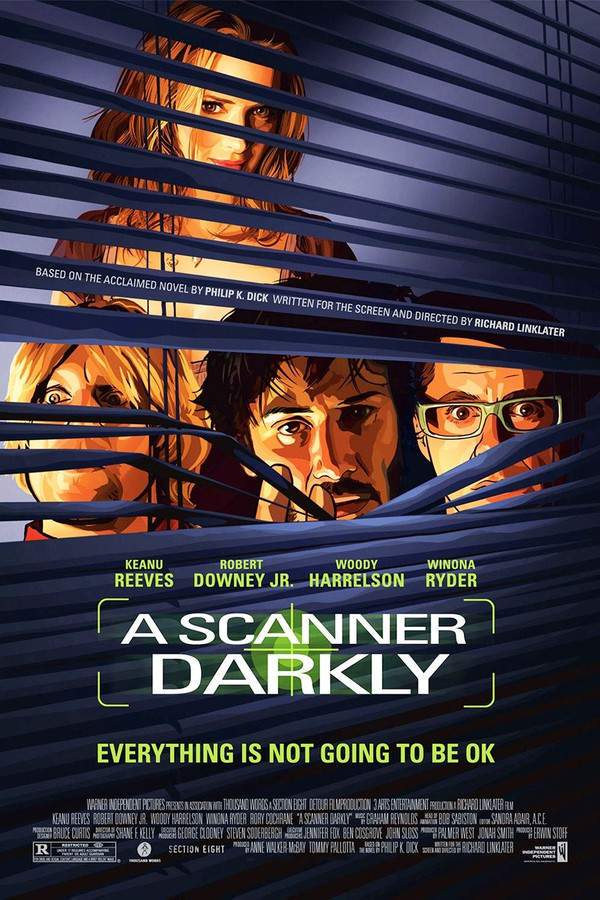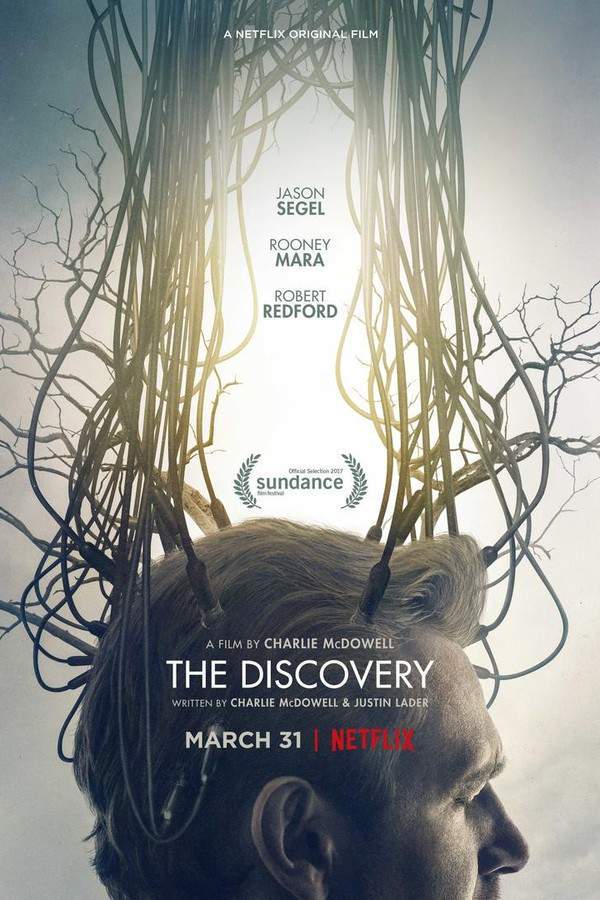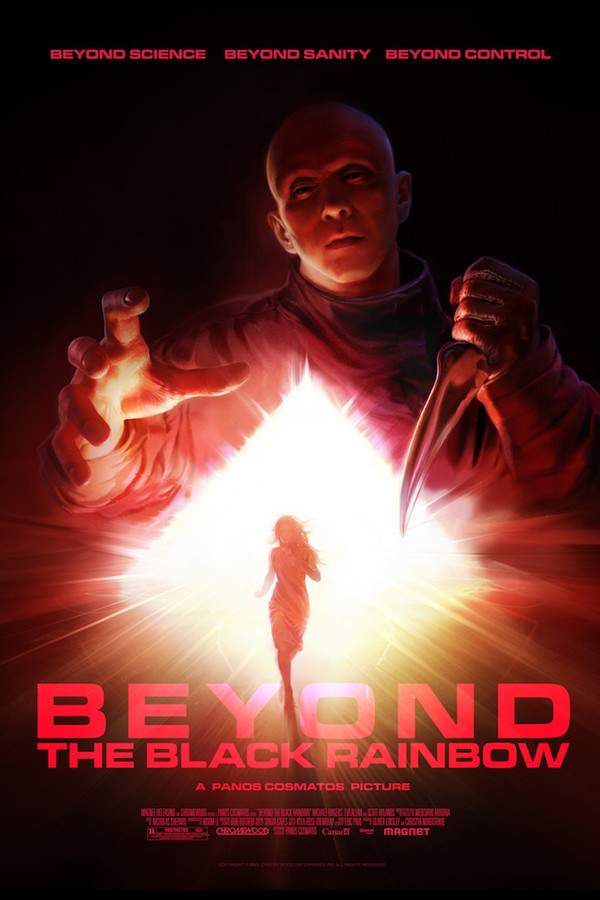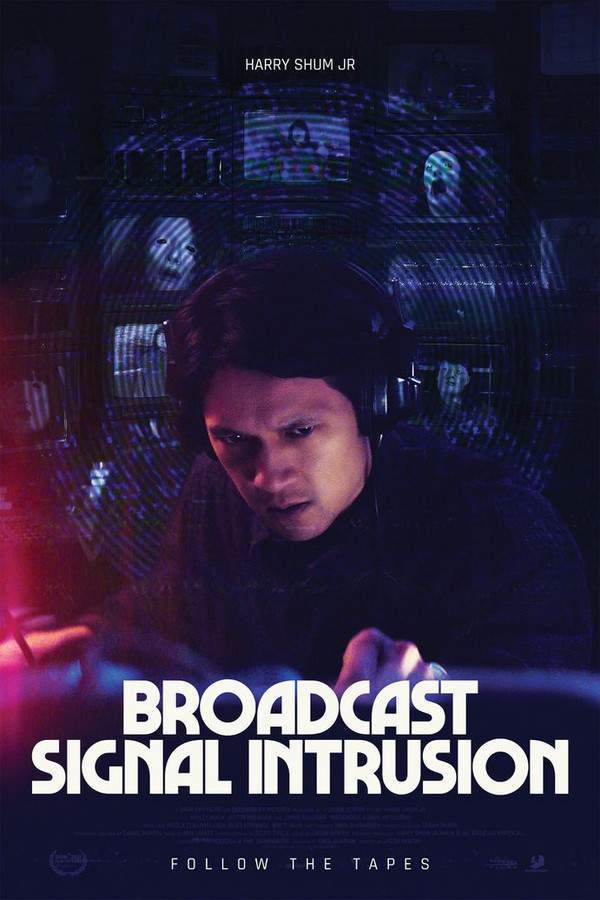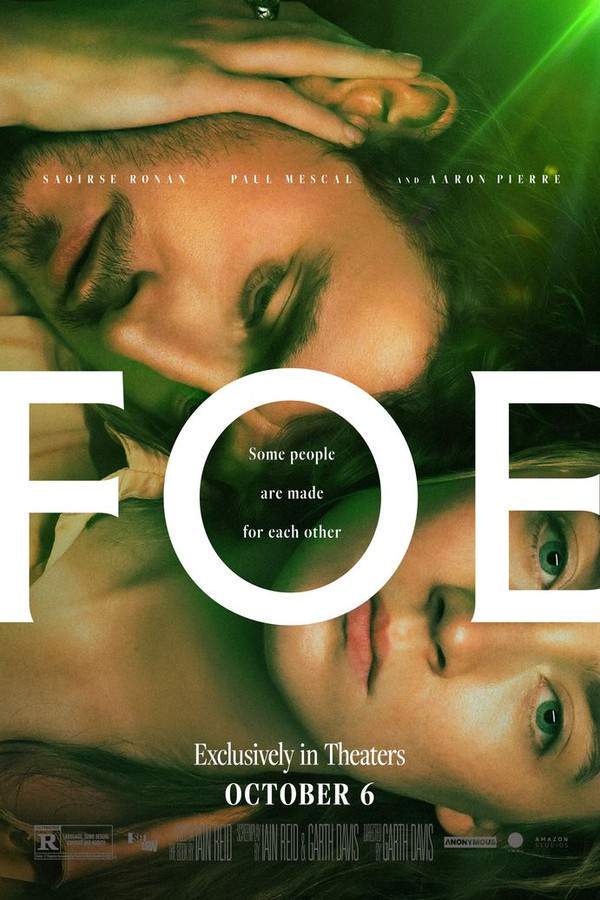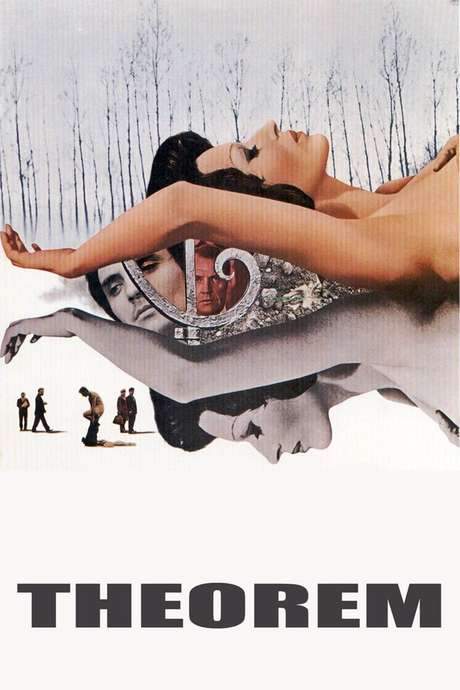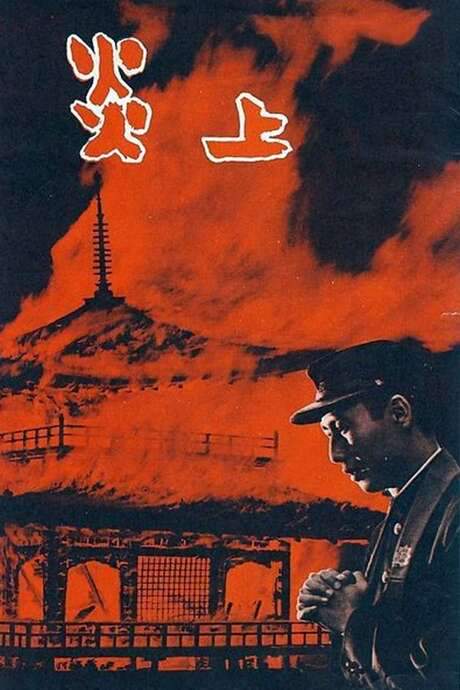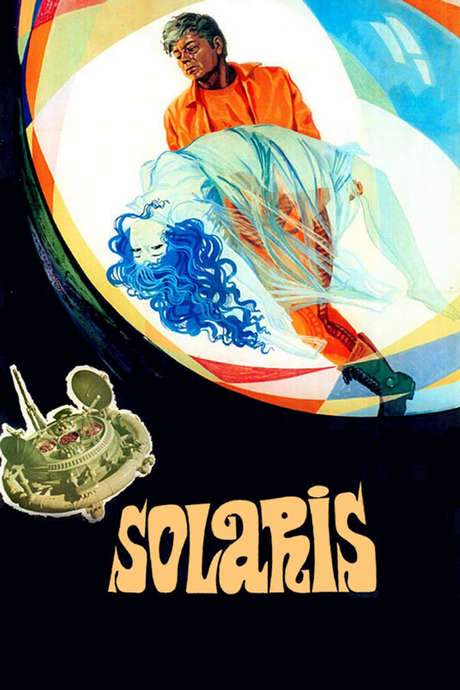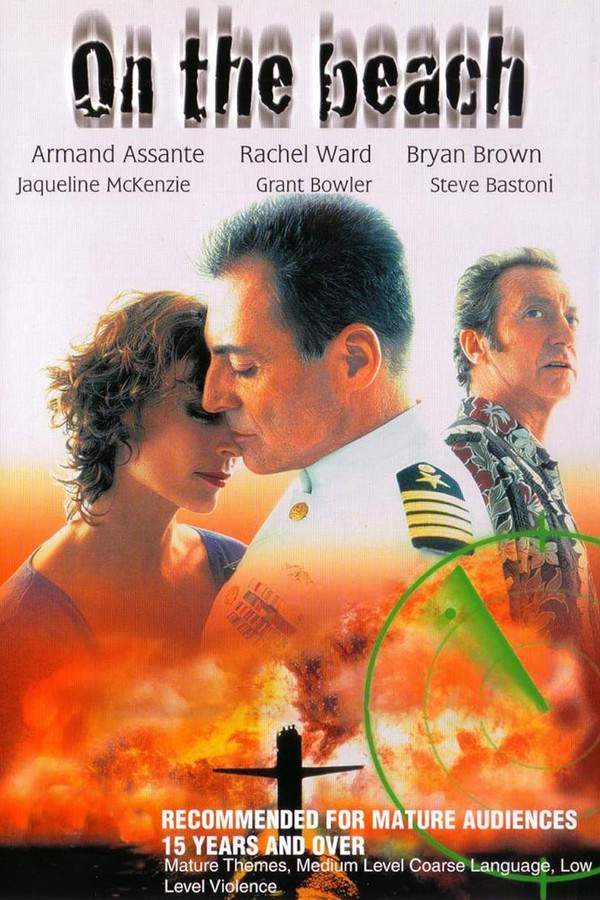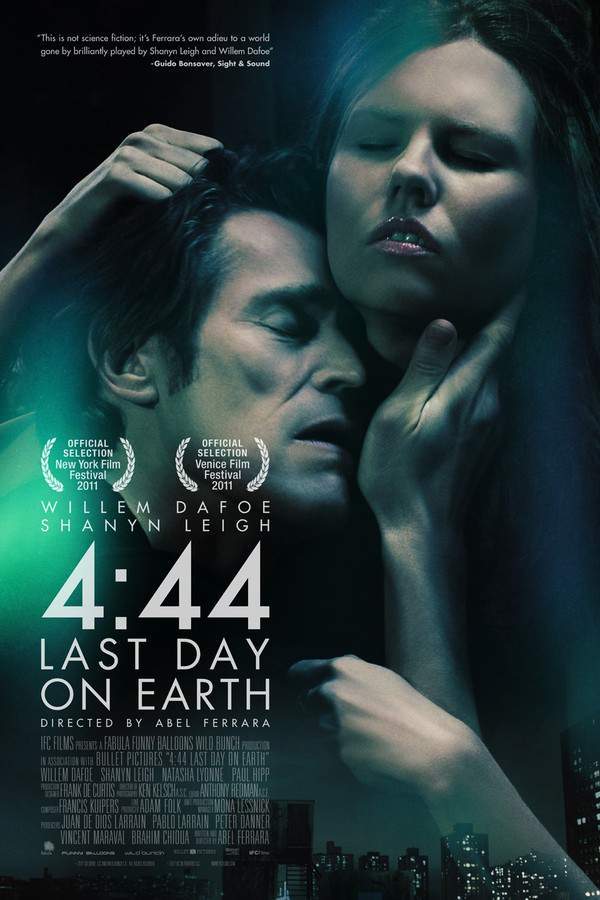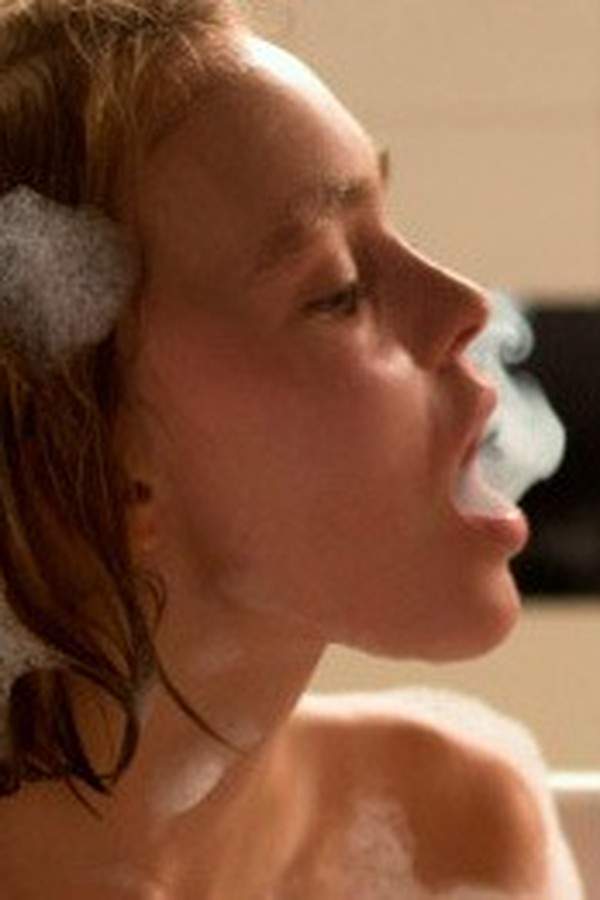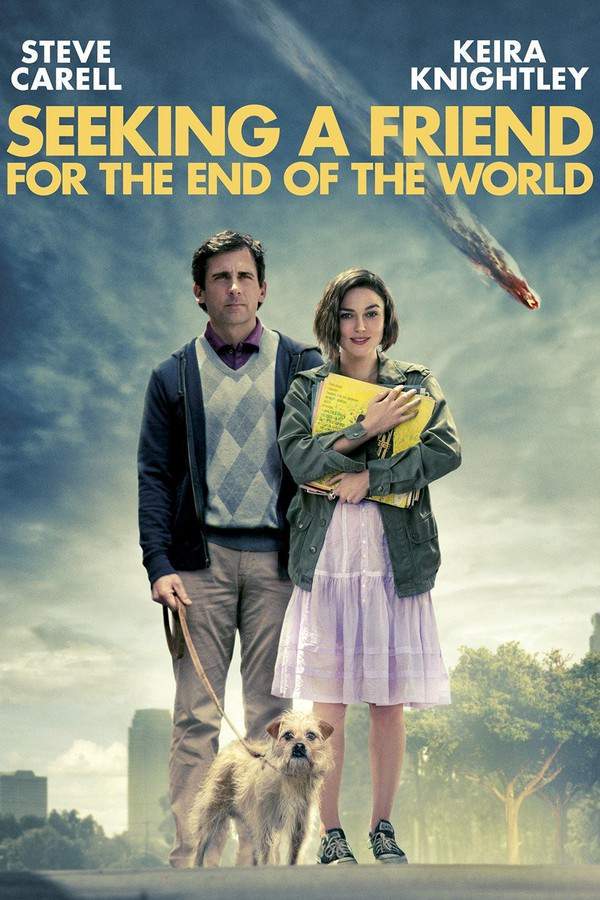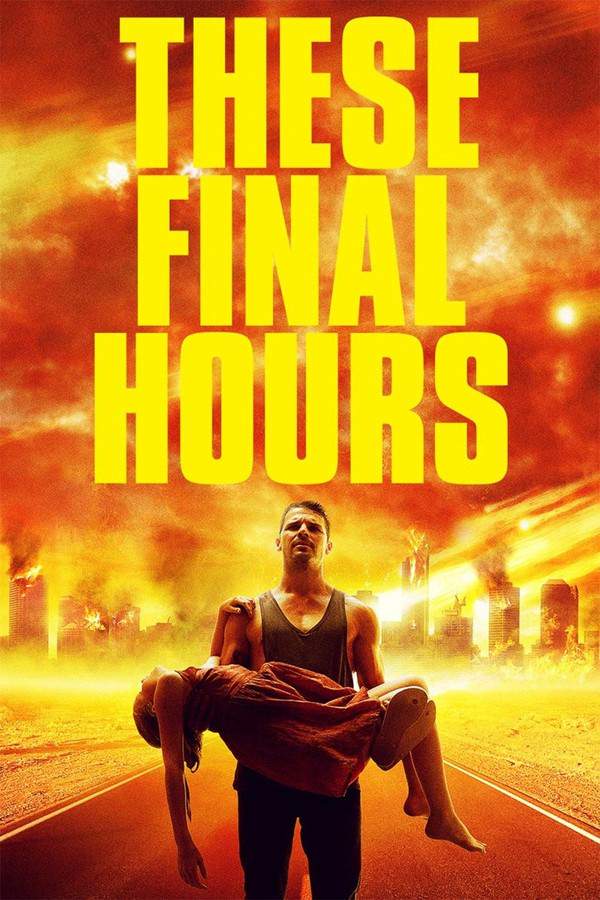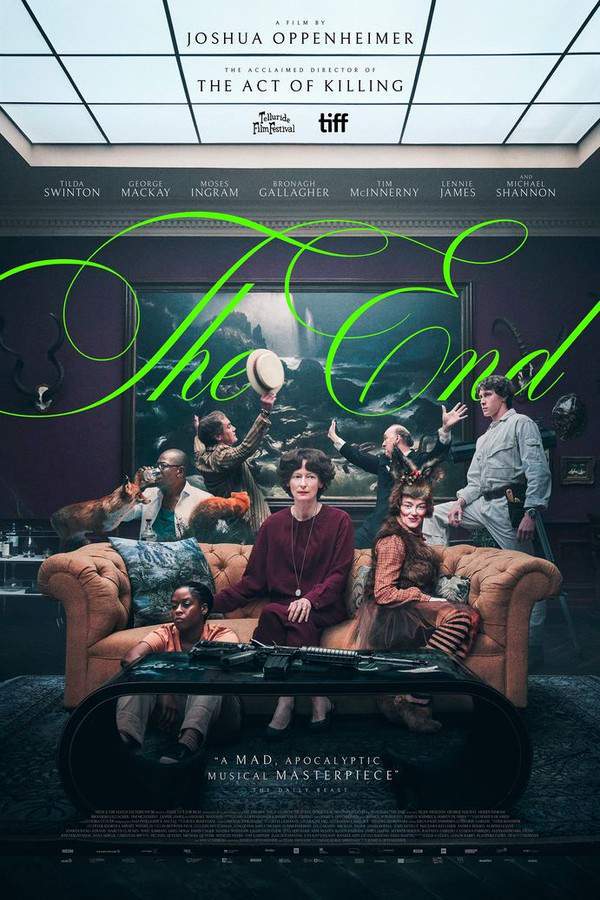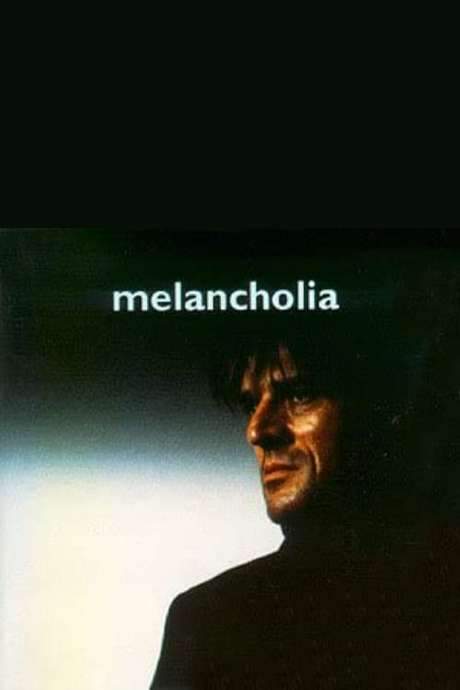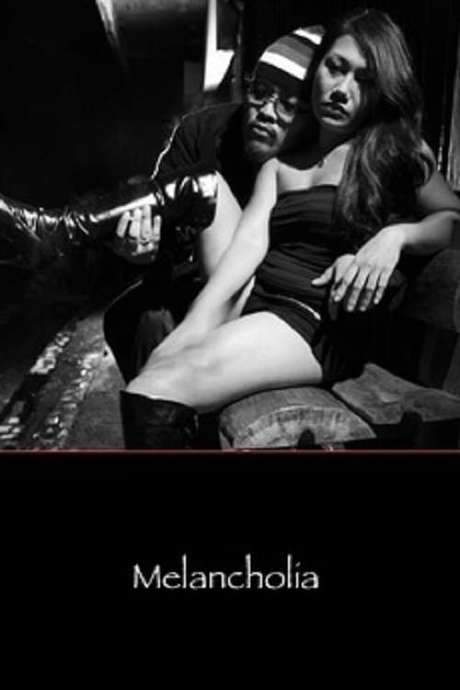
Melancholia
Year: 2011
Runtime: 137 mins
Language: English
Director: Lars von Trier
As the Earth faces destruction, a family grapples with a failing marriage and internal turmoil. A planned wedding celebration descends into a bitter confrontation, overshadowed by the approaching apocalypse. Claire struggles to find solace and connection as the planet hurtles toward its end, confronting deep-seated personal issues while a mysterious force, Melancholia, threatens to consume everything.
Warning: spoilers below!
Haven’t seen Melancholia yet? This summary contains major spoilers. Bookmark the page, watch the movie, and come back for the full breakdown. If you're ready, scroll on and relive the story!
Melancholia (2011) – Full Plot Summary & Ending Explained
Read the complete plot breakdown of Melancholia (2011), including all key story events, major twists, and the ending explained in detail. Discover what really happened—and what it all means.
The film opens with a striking eight-minute sequence, introducing the key characters and presenting captivating images of space, intertwined with significant visual motifs. These nearly still, slow-motion visuals provide a glimpse into the film’s themes: Justine, portrayed by Kirsten Dunst, the bride enveloped in profound melancholy as birds fall around her; a serene lawn with a sundial casting unequal shadows; Pieter Breughel’s Hunters in the Snow, often seen as a reflection of idealized nostalgia; the ominous depiction of the Black Horse collapsing in slow motion, representing an id/ego struggle; Justine as a bride being swept away by a river, while her wedding dress attempts to anchor her down; and finally, Justine with her nephew, crafting their magical cave as planet Earth faces its inevitable collision with the gas giant Melancholia.
The narrative unfolds in two distinct parts.
Part One: “Justine” reveals what appears to be an idyllic wedding that starkly contrasts against Justine’s fragile psyche. The act begins with a clumsy, oversized wedding vehicle that struggles to make a turn on the road. Justine, along with her husband Michael, played by Alexander Skarsgård, arrives two hours late to their own reception at the expansive family estate of Justine’s older sister, Claire, portrayed by Charlotte Gainsbourg, and her husband John, played by Kiefer Sutherland. Amidst the twilight, Justine notices a particularly bright red star, which John later identifies as Antares.
As the day transitions into night, it becomes increasingly clear that each character embodies a metaphor. These metaphors evolve throughout the wedding reception. John symbolizes sacrifice and societal expectations, while Dexter, played by John Hurt, is a hedonistic figure unable to form a genuine connection with Justine. Justine’s mother, Gaby, embodied by Charlotte Rampling, is depicted as brutally honest but ultimately detrimental, leading to her dismissal from the wedding. Claire, who symbolizes order, pressures Justine to suppress her debilitating sadness from her oblivious and well-meaning husband, Michael; a sentiment further emphasized by his uninspired wedding speech. Jack, played by Stellan Skarsgård, Justine’s boss, represents mercenary greed, aggressively pushing her to endorse an empty marketing campaign inspired by Breughel’s The Land of Cockaigne.
During the wedding’s pivotal moment of cake cutting, Justine and her mother retreat to separate bathrooms to cleanse themselves of the artificiality surrounding them. Justine’s further escape leads her to watch Melancholia approach Earth as she squats and urinated on the 18th hole, symbolizing her defiance against societal norms. While her boss’s nephew, Tim, portrayed by Brady Corbet, seeks to capitalize on the moment for career advancement, Justine recognizes her complicity and resigns with a fierce determination. Unable to consummate her marriage, she finds solace with Tim in a moment of shared ambition and later declines his offer to partner in a business venture.
As dawn breaks, Justine reluctantly accompanies Claire on a horseback ride only to realize that the bright red star has vanished.
Part Two: “Claire” continues to explore Justine’s connection with her sister while delving deeper into her emotional unraveling as the looming threat of Melancholia becomes evident. Several months later, John excitedly explains that the absence of Antares is due to Melancholia obstructing it from view, as the rogue planet approaches Earth. Claire, filled with dread, desperately searches for answers, soon discovering the planet’s potential trajectory towards Earth.
Justine, now hollow and emotionally drained, welcomes Claire into her space, hoping to provide comfort. Sadly, Claire soon finds herself helpless against Justine’s profound depression, as the delicious dish prepared specially for her tastes like ash to Justine. As their relationship becomes strained, the symbolic connection to the Black Horse wanes, paralleling Justine’s descent into despair.
The impending collision triggers fear in Claire, despite her husband’s reassurances of safety. Justine confidently asserts her ability to foresee events, including the devastating crash of Melancholia with Earth, revealing her belief that life itself is inherently evil. As the certainty of the world’s demise looms closer, the family butler mysteriously vanishes. On the fateful night of Melancholia’s fly-by, uncertainty grows within the household, leading John to a tragic decision in the Black Horse stables.
While chaos ensues, Claire pleads for a moment of normalcy, suggesting they gather on the terrace with wine and music, only to be dismissed by a resolute Justine. As Claire wrestles with panic, Justine reassures her frightened nephew by promising the safety of a magical cave, though earlier, she had expressed her hopelessness in finding refuge.
In the climactic moments, the three gather in their magic cave as the world faces its beautiful yet catastrophic end, with Justine embodying a sense of calm acceptance in her shared fate with Melancholia.
Last Updated: November 15, 2024 at 19:08
Explore Movie Threads
Discover curated groups of movies connected by mood, themes, and story style. Browse collections built around emotion, atmosphere, and narrative focus to easily find films that match what you feel like watching right now.
Movies about existential dread and cosmic insignificance like Melancholia
Stories where characters confront their smallness against vast, indifferent cosmic forces.If you liked the profound cosmic horror and existential themes of Melancholia, explore these movies. This collection features films where characters grapple with the meaning of life against the backdrop of an uncaring cosmos, often blending personal drama with apocalyptic or metaphysical stakes, resulting in deeply philosophical and visually stunning experiences.
Narrative Summary
Narratives in this thread often begin with intimate, personal conflicts that are gradually dwarfed by a larger, external cosmic threat. The plot serves as a catalyst for existential questioning, where characters must confront their fears, depression, or relationships in light of an inevitable, immense event, leading to a climax of either despair or quiet acceptance.
Why These Movies?
These films are grouped together because they share a core thematic focus on existentialism and cosmic horror. They prioritize a melancholic, oppressive mood, use slow pacing to build atmospheric dread, and feature a heavy emotional weight as characters face the ultimate questions of existence, creating a cohesive experience of philosophical anxiety.
Movies where internal turmoil mirrors an external apocalypse like Melancholia
Films where a character's deep depression or mental state manifests as a world-ending event.For viewers who appreciated how Melancholia uses a planet's collision as a metaphor for depression, this thread finds similar films. These stories brilliantly map a character's intense internal struggles—such as grief, psychosis, or despair—onto a cataclysmic external event, resulting in a unique blend of intimate drama and high-stakes allegory.
Narrative Summary
The narrative pattern involves a central character grappling with severe internal conflict—often depression, grief, or isolation—while an external, often slow-moving, catastrophe unfolds in parallel. The film's structure deliberately blurs the lines between the character's subjective experience and objective reality, using surreal or symbolic imagery to represent their mental state.
Why These Movies?
These movies are united by their shared narrative device of using a grand external event as a metaphor for internal pain. They consistently feature a melancholic or bleak tone, complex character studies, and a slow, reflective pacing that allows the metaphor to deepen, creating a deeply immersive and emotionally resonant experience.
Unlock the Full Story of Melancholia
Don't stop at just watching — explore Melancholia in full detail. From the complete plot summary and scene-by-scene timeline to character breakdowns, thematic analysis, and a deep dive into the ending — every page helps you truly understand what Melancholia is all about. Plus, discover what's next after the movie.
Melancholia Timeline
Track the full timeline of Melancholia with every major event arranged chronologically. Perfect for decoding non-linear storytelling, flashbacks, or parallel narratives with a clear scene-by-scene breakdown.

Characters, Settings & Themes in Melancholia
Discover the characters, locations, and core themes that shape Melancholia. Get insights into symbolic elements, setting significance, and deeper narrative meaning — ideal for thematic analysis and movie breakdowns.

Melancholia Spoiler-Free Summary
Get a quick, spoiler-free overview of Melancholia that covers the main plot points and key details without revealing any major twists or spoilers. Perfect for those who want to know what to expect before diving in.

More About Melancholia
Visit What's After the Movie to explore more about Melancholia: box office results, cast and crew info, production details, post-credit scenes, and external links — all in one place for movie fans and researchers.

Similar Movies to Melancholia
Discover movies like Melancholia that share similar genres, themes, and storytelling elements. Whether you’re drawn to the atmosphere, character arcs, or plot structure, these curated recommendations will help you explore more films you’ll love.
Explore More About Movie Melancholia
Melancholia (2011) Scene-by-Scene Movie Timeline
Melancholia (2011) Movie Characters, Themes & Settings
Melancholia (2011) Spoiler-Free Summary & Key Flow
Movies Like Melancholia – Similar Titles You’ll Enjoy
On the Beach (1959) Ending Explained & Film Insights
4:44 Last Day on Earth (2012) Spoiler-Packed Plot Recap
Antichrist (2009) Complete Plot Breakdown
Planetarium (2017) Spoiler-Packed Plot Recap
Seeking a Friend for the End of the World (2012) Detailed Story Recap
These Final Hours (2015) Plot Summary & Ending Explained
Armageddon (1998) Full Summary & Key Details
The End (2024) Full Summary & Key Details
Postcards from the End of the World (2019) Complete Plot Breakdown
Egomania: Island Without Hope (1986) Detailed Story Recap
Melancholia (1989) Full Summary & Key Details
Melancholie der Engel (2009) Spoiler-Packed Plot Recap
Last Woman on Earth (1960) Full Movie Breakdown
End of the World (1977) Spoiler-Packed Plot Recap
Melancholia (2008) Spoiler-Packed Plot Recap

